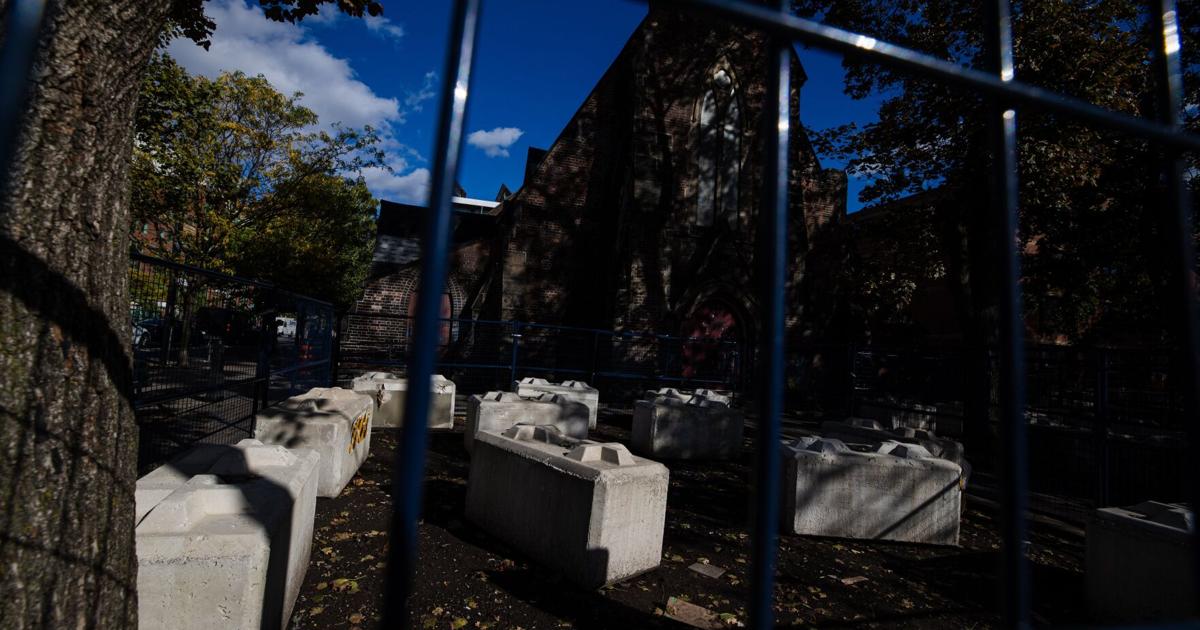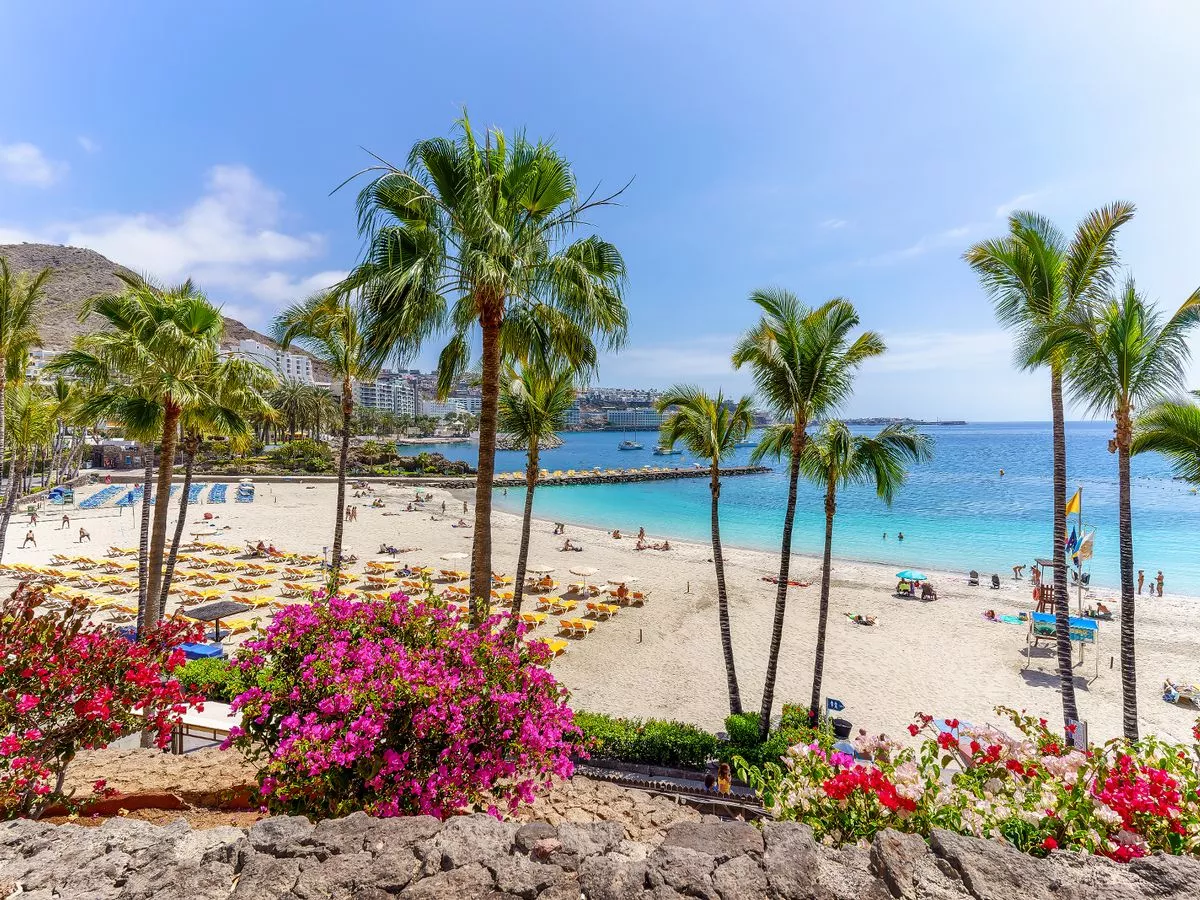Copyright thestar

The concrete blocks replacing the encampment near College and Augusta are not safe, nor were they ever about safety. I say this because ‘safety’ is a long-serving excuse for displacing vulnerable people in Toronto’s West End. When Parkdale gentrified in the late 1990s, wealthier neighbours brought increased scrutiny and stigma towards rooming houses. These buildings were often hazardous, but nonetheless they were vital lifelines for those with no alternatives. Rooming houses were torn down anyway, leaving their tenants with no place to go. The same is happening now. As Kensington Market attracts greater attention and wealthier residents and visitors, the most vulnerable are once again displaced, suffering in the name of safety. It ought to be clear that pushing vulnerable people from one unsafe situation into a worse one does nothing to protect them. Thus, an encampment replaced by concrete blocks makes no one safer; it only serves the privileged. Matthew Cianchetti, Toronto Bike lanes help with congestion, and are safer for cyclists The biggest complaint I hear about Toronto is the amount of traffic, and how long it takes to get anywhere whether you’re coming or going. In November of 2024, Doug Ford’s provincial government passed Bill 212, which amended the Highway Traffic Act to block municipalities from installing new bike lanes where motor vehicle lanes would need to be reduced, and to possibly remove existing bike lanes. Bill 212 is being framed as a solution for Toronto’s traffic problem, but getting rid of bike lanes would only cause more problems. Removing them poses a safety risk to cyclists. Since the implementation of the lanes, there has been an increase in cyclists but a decrease in collisions. Of course the bike paths are not without faults; Toronto’s problem lies in the uneven maintenance to the bike paths, especially during the winter. In Montreal, a city that has significant snowfall, bike lanes still thrive in the winter because the lanes are well maintained. The traffic problem will not be fixed by getting rid of the bike lanes; instead it will only cause a resurgence in people driving instead of cycling. We should invest in fixing and planning around these bike paths instead. The best way to decrease Toronto traffic is safe, accessible and well-maintained bike paths. Jaime Elliott, Toronto Canada can do better when it comes to the EV auto industry I fully agree Canada needs its own EV automaker. I recently bought a 2025 Hyundai Kona gas-powered car for $27,000 (before taxes and fees) but I would have much preferred to buy the currently available electrified version of the same car, especially if it was built in Canada. But it isn’t. The reason I didn’t buy the foreign-made electrified version was because it was a whopping $17,000 more expensive. Even if the government had kept its $5,000 subsidy in place it still would have been too expensive. So why not bring back a bigger subsidy for any carmaker who will build electric cars and trucks in Canada. The boost in car sales and clean-energy employment to build these could replace the lost jobs at GM in Ingersoll and Stellantis in Brampton. And while they’re at it, why not subsidize private industry jobs to build out the charging network? This could also employ laid-off auto workers and teach them new skills for future employment in the clean energy industry. Gerrard Weedon, Toronto Doug Ford’s poking of the bear did Canada no favours The real question isn’t whether former president Ronald Reagan hated tariffs or not (he did speak against them, but he also used them against Japan and Europe) but rather why did Premier Doug Ford foolishly decide to poke the bear during ongoing negotiations? If you’re a lone warrior facing 10 tough guys, the best course of action is not to say, “Let’s get it on guys!” Instead, the wise course of action is to ask, “Can we talk?” Claire Hoy, Toronto Ford’s use of Reagan ad was reckless, plain and simple When one lives in the shadow of an elephant, one does not poke him in the eye. Especially when the elephant is a thin-skinned, irrational leader of the most powerful country in the world. Premier Doug Ford’s anti-tariff ad was a strategic mistake and requires immediate damage control. Ford can salvage the situation by immediately suspending the ad and putting out a polite statement saying his ad was misunderstood and he had no intentions of misinterpreting the words and legacy of Ronald Reagan. Canada’s sovereignty is at stake and Canadian political leaders need to be extra careful when dealing with the Trump administration. Khush Bagli, Scarborough Ford’s ad attack on tariffs not what Canada needed right now I believe U.S. commerce secretary Howard Lutnick was being completely sincere with Canadians when he told us we need to accept our position as being second to the United States in autos (and no doubt in other things as well). He has also told us in the past, again quite sincerely I believe, the sooner we accept this new reality the better it will be for both countries. But I guess Doug Ford didn’t get the memo, because he went ahead and spent $75 million on ads that pushed back against Lutnick’s message. Which then had to be swiftly, but apparently not swiftly enough, retracted. George Parker, Cobourg, Ont. Merit-based admissions are simply common sense, and the best way to go Lottery-based school admissions make no sense. Many students are working hard, honing their craft and getting good grades to get into a school, and then are not accepted because their name wasn’t randomly chosen. Then someone who doesn’t have any specialization gets in and does because they were lucky. Does this sound fair? The entire point of a lottery-based system is for equality and everyone getting a fair shot. But what if some people didn’t put in the effort other’s did? They should still be considered, but based on talent, merit and potential, not luck. Bring back the merit system in art schools, specialty high schools and universities so the people who deserve a chance get it. Apolonija Banovic, Mississauga



